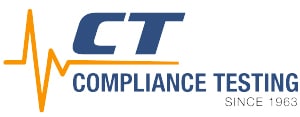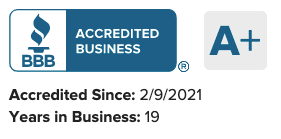Get Free Help From Our Engineers With FCC Part 15 Compliance
Need help complying with FCC Part 15? We work with businesses and individuals across the country, including in , to achieve compliance with Part 15 and other FCC regulations.
Click the “Talk to Our Team” button or call us on 866-540-5287 to ask our engineers your question about Part 15 compliance, or to request a free quote for testing and achieving FCC authorization for your device.

FCC Part 15 provides the guidelines under which unintentional, intentional, or incidental radiators may be operated without an individual license. The regulations set limitations on the number of electromagnetic interferences that digital and electronic devices can produce. It also sets out the technical specifications for various types of devices under the FCC part 15 categories.
The following are some of the FCC Part 15 rules provided in the general Code Of Federal Regulations (CFR) for FCC Part 15 devices:
- 47 CFR 15.1states that any radiator that emits radio energy, whether it is intentional or not, must be licensed except if it meets 47 CFR 15 or is otherwise exempted by the FCC. Notably, all digital devices operating at 9 kHz or higher must be regulated by the Federal Communications Commission (FCC) under its Part 15 regulations.
- 47 CFR 15.5 directs that devices should not cause interferences and must accept any interference they receive. It also cautions manufacturers that any unapproved modification or changes to the device can void your authority to operate the devices.
- 47 CFR 15.5outlaws the intentional damped waver transmissions that unnecessarily occupy massive frequencies.
- 47 CFR 15.9disallows the operations of any part 15 device for purposes of eavesdropping unless all parties in a conversation consent or if it is intended for law enforcement
- Rules on Class A & B devices emissions: The FCC classifies unintentional devices as either Class A devices or Class B Devices. A Class A device is designed to be used in business or commercial environments. Class B devices are intended for use in residential environments. The FCC limits emissions for Class B devices to about 10 dB. The FCC requirements for the Class B devices are more restrictive than those of Class A devices because these devices are considered to have closer proximity to radio and television receivers. Class B devices include fluorescent lights, personal computers, and other popular home devices.
- Unlicensed broadcasting: The FCC prohibits unlicensed broadcasts on the TV broadcast bands unless intended for some medical telemetry devices. Additionally, the agency limits unlicensed broadcast on FM broadcasts to a field strength of 0.01 microwatts.
- Design requirements: An intentional or unintentional radiator must be designed and constructed per good engineering design and manufacturing practice. Manufacturers are required to suppress emanations from the device as much as possible. However, in no case should the emanations surpass the levels defined in the FCC rules.
- Design adjustments requirements: An intentional or unintentional radiator should be made so that adjustments of control by the user shall not cause the device to operate in violation of the regulations
- Requirements for new applicants: New applicants should apply for a Grantee Code. This Code is a unique identifier required on each end device and must be submitted as part of the final FCC ID. To obtain the Grantee Code, new applicants must send a letter stating the applicant’s name, address, and a specific request for a grantee code. The letter must be accompanied by an FCC Form 159 (“Fee Advice Form”) and a $45 processing fee.
- Wearable devices requirements: Any device intended to be worn on the part of a body should undergo the Specific Absorption Rate (SAR) testing.
- Labeling requirements: The FCC ID must be permanently labeled directly on the transmitter or on a permanently affixed tag. The device manufacturers must ensure the FCC ID label is readily visible to the purchaser at the time of purchase.
- Testing and accreditation requirements: An accredited laboratory like Compliance Testing must perform all FCC certification testing. Failure to comply with these requirements may result in an automatic rejection of the testing results by the FCC.
Get Professional Help
FCC sets out several rules that electronic device manufacturers must meet before their products are allowed into the market. Without the proper guidance from experts, ensuring that your products meet all the regulations can be challenging. At Compliance Testing, we are committed to fast-tracking the entire testing process to ensure your product meets all the FCC Part 15 regulations and reaches the market soonest.
Our top-notch laboratories are also fully equipped and accredited to conduct testing to various international requirements. Whether you are bringing intentional or unintentional devices to the market, we are ready to guide your Part 15 testing needed to market your product. Contact us today for more information about our testing processes.



